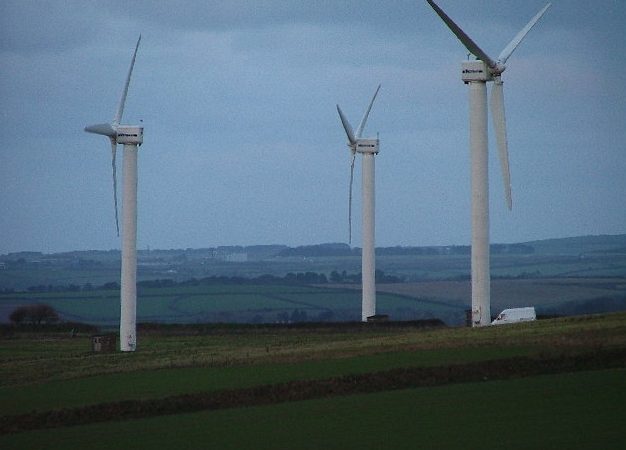As over 2m more households fall into fuel poverty in Britain, warnings have been made that energy bills could increase even more without a plan put in place by the government to deliver the 2023 clean energy target.

The warning was made by the National Audit Office (NAO), which says that it is not clear when the new energy and net zero department would come up with a plan to decarbonise the energy grid. Delaying such a plan would drive up household bills even more, the auditors warn.
In February 2023, the government established the Department for Energy Security & Net Zero (DESNZ), which has overall responsibility for ensuring the government achieves its power ambitions. In 2019, the target to achieve net zero greenhouse gas emissions by 2050 was set. Two years later, the government set an ambition that by 2035 all electricity should be generated using clean sources, subject to security of supply, while meeting an expected increase in electricity demand of up to 60 percent.
The ‘Decarbonising the power sector’ report warns that the longer DESNZ goes without a critical path bringing together different aspects of power decarbonisation, the higher the risk that it does not achieve its ambitions, or it does so at greater than necessary cost to taxpayers and consumers.
According to the report, Britain’s outdated grid is already costing taxpayers, and, without a plan, costs will only increase. The auditors explain that this is because when the power generated from a plant exceeds demand, or what the grid can accommodate, energy companies have to limit their output. This costs money, which is ultimately paid by the consumer.
Simon Bittlestone, NAO’s director of value for money studies, warns that the longer it takes before the government finalises its delivery plan, ‘the greater the risk that it won’t achieve that ambition to decarbonize power by 2035, or that doing so will cost consumers more.”
Talking to Sky News, Bittlestone said: “Decarbonising power is really the backbone of achieving net zero, as we’re all likely to switch to electric vehicles and potentially use electricity to heat our homes, but it will require a step change investment and modernisation.”
In order to help meet the target to ride the power network of polluting fossil fuels by 2035, calls are being made to prioritise lifting a ban on onshore wind. The ban was introduced by former prime minister David Cameron in 2015.
In December, Rishi Sunak signalled an end of the moratorium on new onshore wind projects and the government announced a consultation on onshore wind farms, reversing the de-facto ban on the energy-generating projects.
Stuart Dossett, senior policy adviser at think tank Green Alliance, is among those calling on the government to urgently lift the ban.
“Onshore wind is one of the quickest to build and cheapest forms of electricity we have,” he said, adding that the shortfall in the UK is “slowing us down from moving as quickly as we need to move to cut carbon emissions and to bring energy bills down.”
“Renewables are significantly cheaper than gas, and gas is what is driving up the price of energy.”
The warnings come as more than 2 million more households in the UK fall into fuel poverty and pressure mounts on the chancellor to ditch plans to cut support for energy bills when he delivers his 2023 budget.
Gabrielle Pickard-Whitehead is a contributing editor to Left Foot Forward
Image credit – Gwyn Jones, Creative Commons
Left Foot Forward doesn't have the backing of big business or billionaires. We rely on the kind and generous support of ordinary people like you.
You can support hard-hitting journalism that holds the right to account, provides a forum for debate among progressives, and covers the stories the rest of the media ignore. Donate today.



